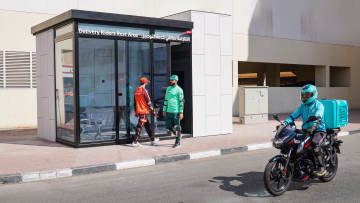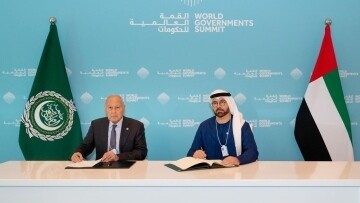
Global demand for lithium, cobalt, and nickel could rise up to 75 times from 2020 levels under the influence of clean energy, artificial intelligence, and digital transformation. Such findings are highlighted in the new DMCC Future of Trade report on critical minerals. The report titled "The Race for Critical Minerals: Trade, Supply and Transformation" indicates the fragmentation of supply chains and regionalization of extraction, leading to vulnerabilities in trade.
The report asserts that countries and industries are posing challenges for ensuring access to critical minerals. Countries in the Middle East and North Africa are striving to develop competitive advantages in trade due to traditional extraction, low costs of clean energy, and investment in the extraction and processing of valuable resources.
Demand for critical minerals, supported by digitization, artificial intelligence, and global energy transformation, is reshaping the international trade and investment landscape. Projects speak to the fact that "new world demand" for certain minerals could rise to 75 times current levels by 2050.
The report supports an unprecedented demand for resources, such as lithium, cobalt, nickel, and rare elements, to meet the needs of electric vehicle production, renewable energy, and technologies of the next generation. According to the speaker's opinion, innovation, partnerships, and clear rules are key factors for success in the field of critical minerals.
According to a number of experts, it is necessary to stimulate research into alternative technologies, such as sodium-ion batteries, to reduce dependence on deficient minerals, as well as to develop industries for the recycling and production of accumulators, solar batteries, and other technologies to strengthen the demand. Support for clear regulations and risk management in supply chains also comes to the forefront.
The global race for critical minerals places emphasis on the region of the Middle East and North Africa. With their trade partnerships, access to renewable energy, and significant investments, countries in this region, especially the UAE and Saudi Arabia, claim serious intentions to invest in global extraction projects and expand their capabilities in recycling.
Research predicts a surge in the demand for critical minerals by 75 times compared to today's levels, which could fundamentally alter global trade patterns, supply chains, and governmental policies.













